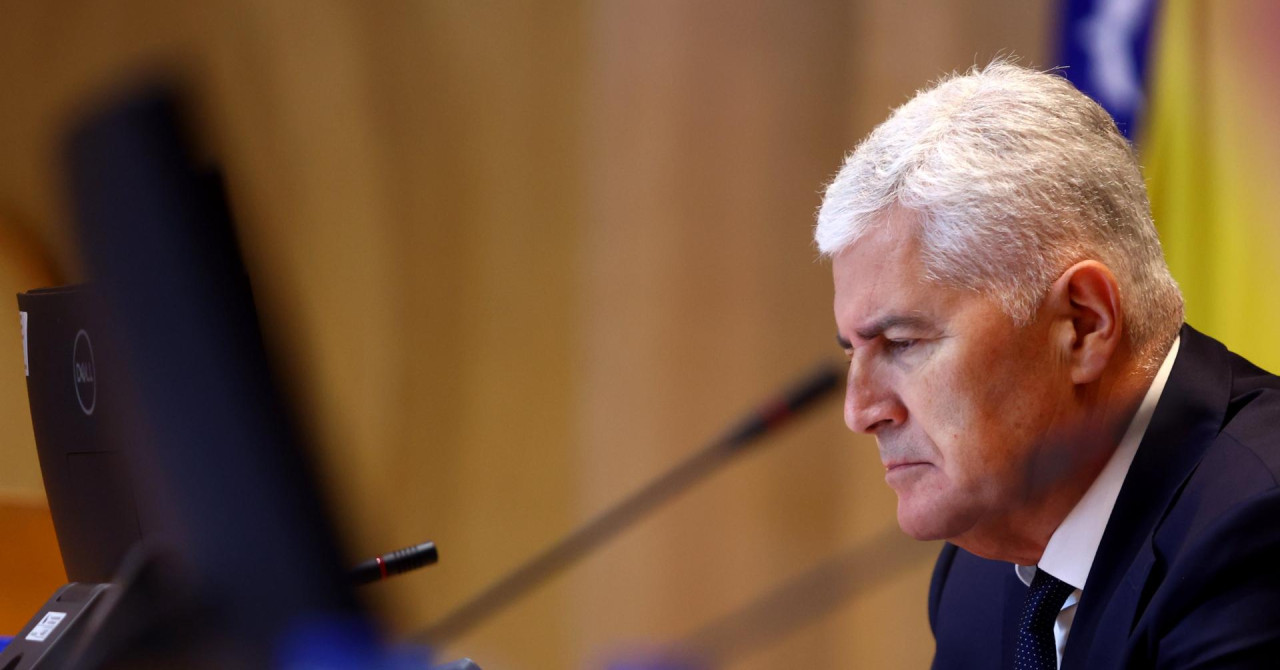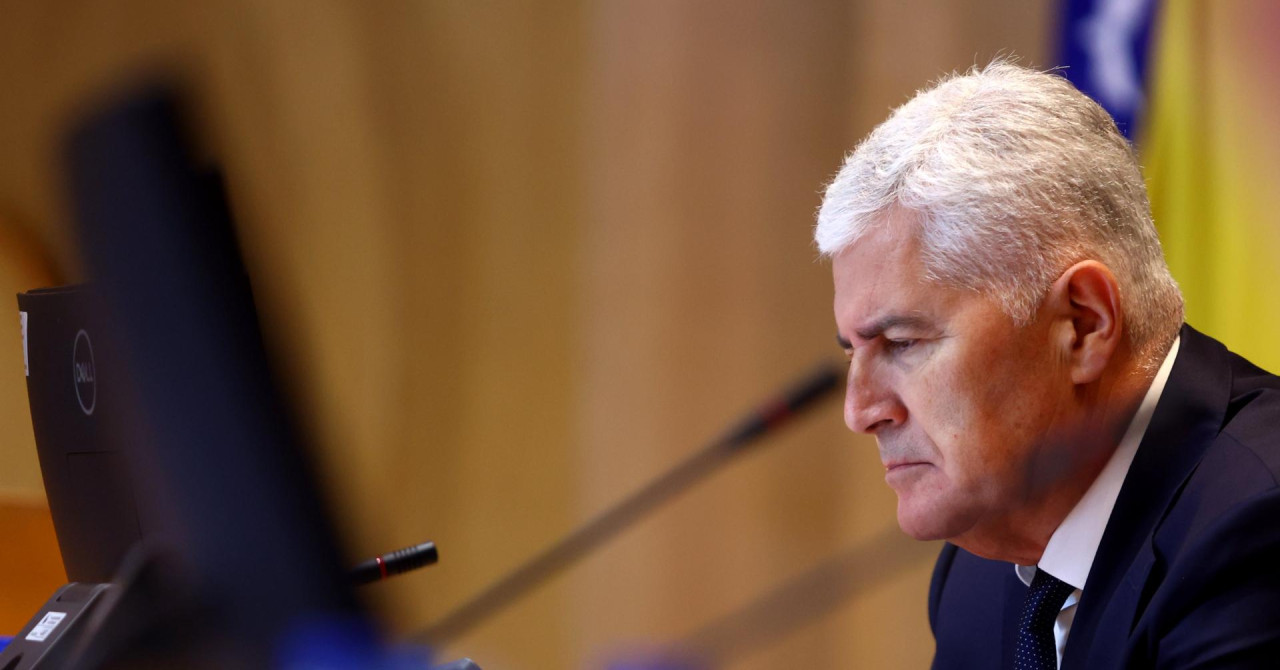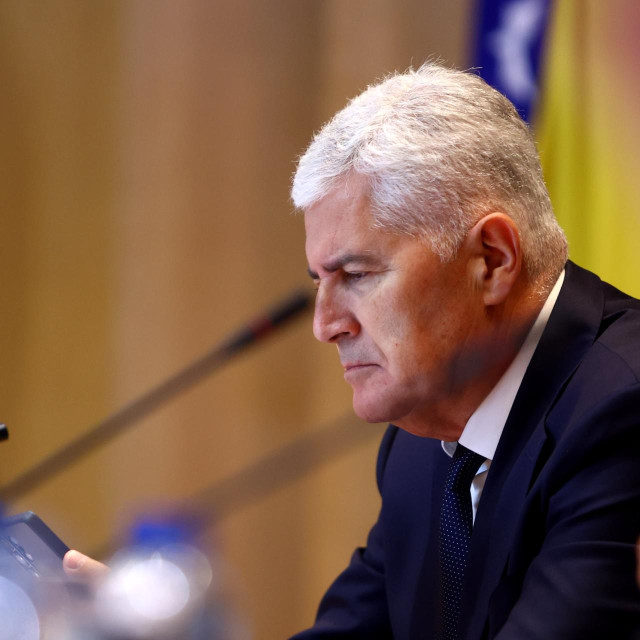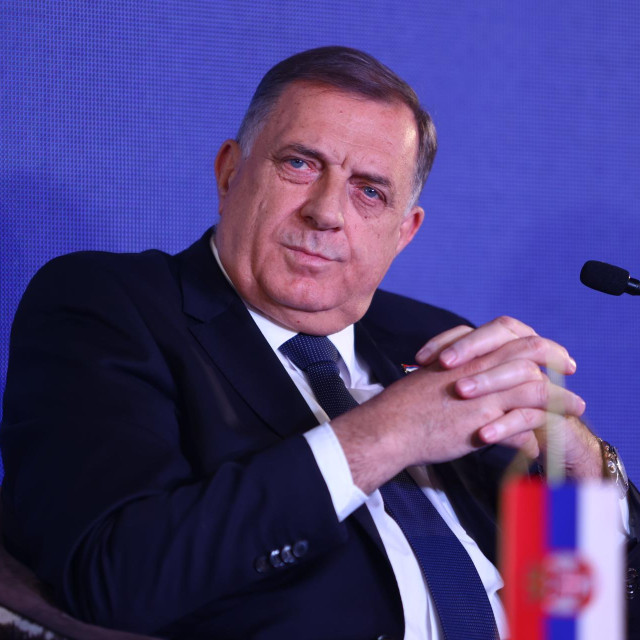The European Court of Human Rights (ECHR) ruling in the case of Slaven Kovačević against Bosnia and Herzegovina has ignited a political firestorm in the country. The court rejected Kovačević’s appeal, who claimed discrimination in the electoral process because he does not belong to any of the three constituent peoples. The ECHR Grand Chamber overturned the earlier decision and ruled that Kovačević’s rights were not violated, sparking a parliamentary blockade in the Federation of BiH and mutual accusations among political parties. Dragan Čović, president of HDZ BiH, welcomed the ruling and dismissed claims of discrimination, while pro-Bosniak parties, including the Democratic Front and SDA, labeled the ruling a betrayal and accused Croatian parties and Zagreb of undermining the civic state. Milorad Dodik, president of Republika Srpska, stated that the ruling confirms that BiH is not a Bosniak Muslim state and that the attempt to create an artificial Bosnian nation has failed. The ECHR decision has further deepened political tensions in BiH, with the Federation parliament failing to hold a session due to disputes over the issue. Croatian Foreign Minister Gordan Grlić Radman expressed satisfaction with the ruling and emphasized the importance of preserving the constitutional order and equality of the constituent peoples. This ruling and its aftermath highlight the complex and tense political environment in Bosnia and Herzegovina, where the rights and identities of peoples remain contested, and every decision triggers waves of reactions and divisions.
ECHR Ruling in BiH Sparks Political Chaos and Accusations of Betrayal












